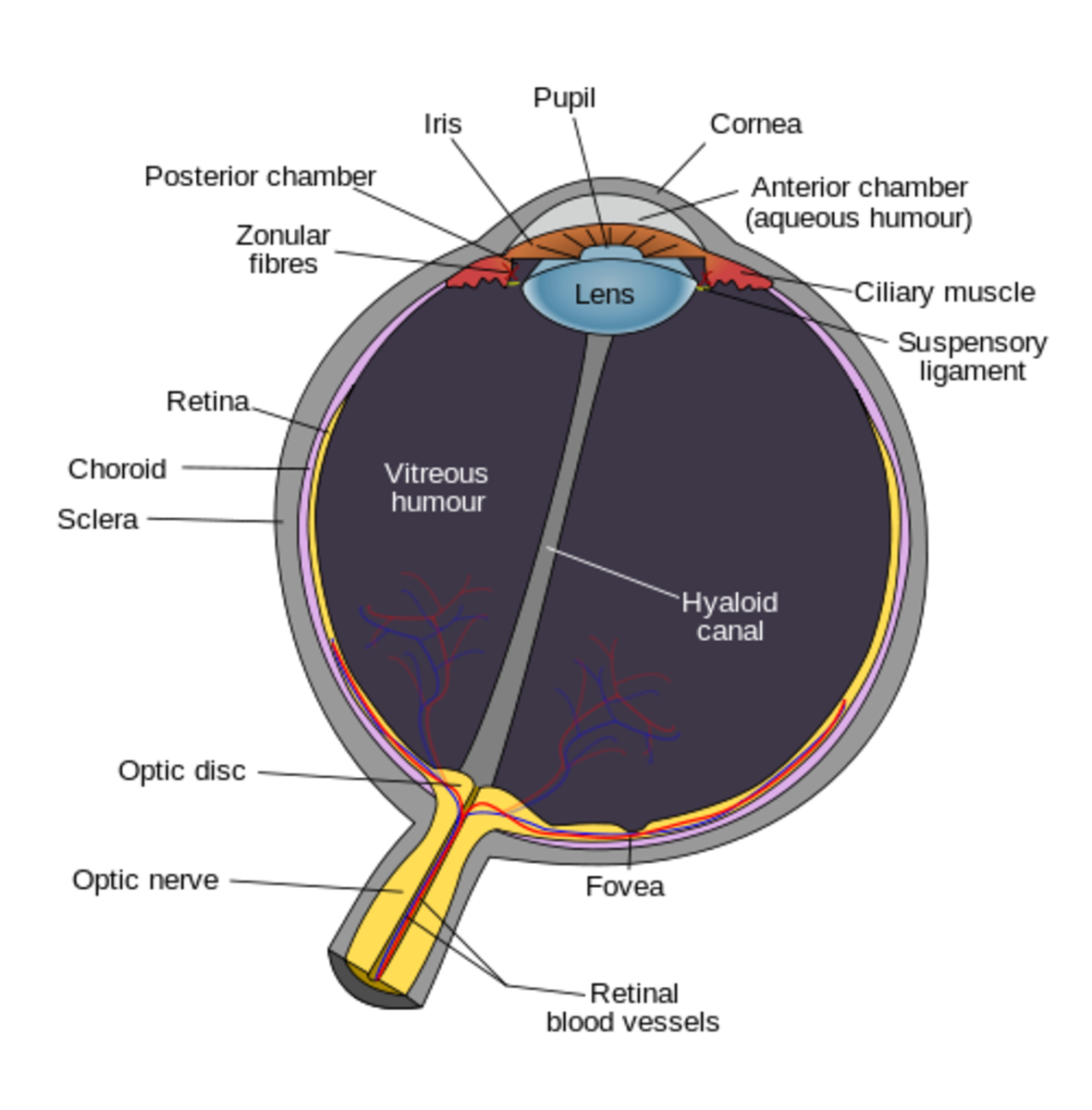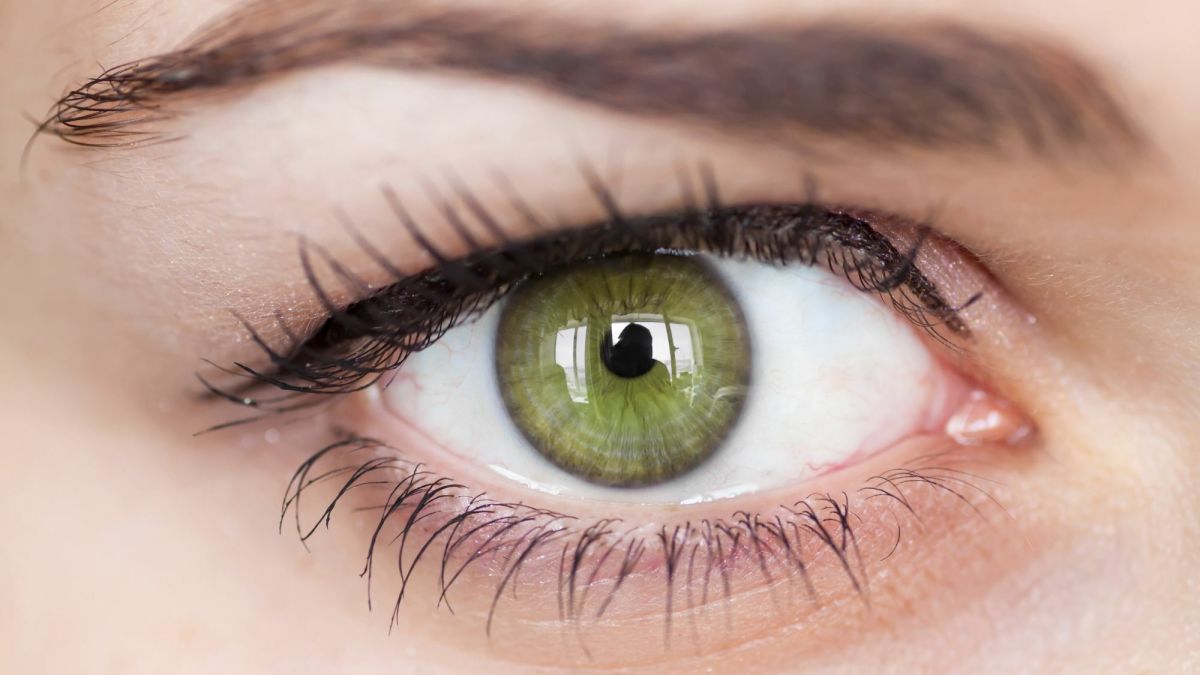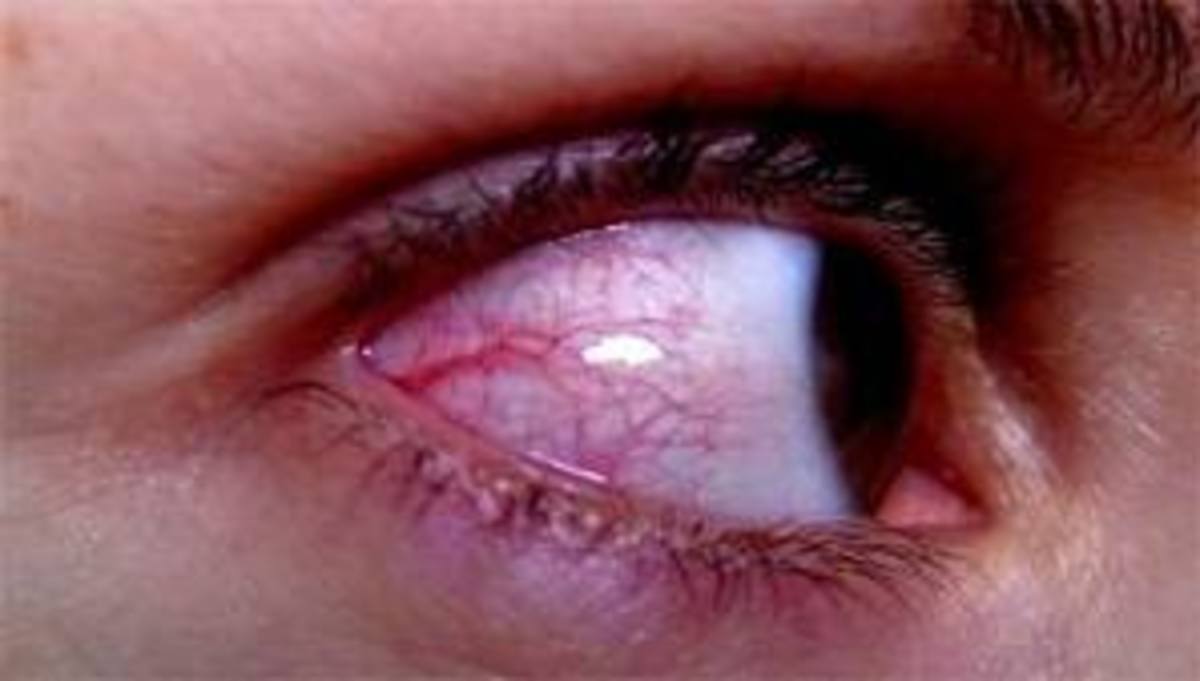Visual impairment: Omega 3 to prevent AMD?
For computing aficionados AMD immediately conjures up the image of a processor alternative to Intel. In the medical world that I inhabit, AMD stands for a potentially serious and unfortunately common visual impairment condition, the full name of which is ‘Age-related Macular Degeneration’.
Age-related Macular Degeneration (AMD) is a cause of visual impairment affecting many people. The clue is in the name. Affected are those in middle age and later, usually from the fifth decade of life. It is common and at least 30% of adults over 75 years of age will have some degree of AMD.
AMD is characterised by loss of vision in the centre of the visual field whilst retaining peripheral vision. In its severe form, the sufferer loses the ability to recognise faces or read. As you read this and later, as you look at the face of your loved one, just try to imagine for a moment being robbed of the ability to do so. Permanently.

If your first reaction to this is meh; never heard of this; consider this: Every one of us, man or woman, has a lifetime risk of getting AMD of around 12% (1 in 8). You just have to live long enough. If you have an affected close relative, the risk jumps to 50%. You still don't care?
In a large study carried out in the United States involving almost 40,000 female health professionals, the results of which have just been published online (March 2011) in the medical journal Archives of Ophthalmology, it has been shown that consumption of Omega 3 Fatty acids rich fish could significantly reduce the risk of Age-related Macular Degeneration. You can reach the full article in all its medical jargon glory here: Alternatively, allow me to tell you the findings if I may.
In
this prospective cohort study of female
health professionals,regular consumption of DHA and EPA (the
Omega-3 Fatty acids) and fish was associated witha 35% to 45% lower
risk of visually significant AMD during 10 years of follow-up.
Many people affected
The authors report that an estimated 9 million adults in the United States aged 40 years and over show signs of Age-related Macular Degeneration (AMD). Most cases of severe vision loss associated with the disease are due to advanced AMD. An additional7.3 million persons have early AMD with little or no loss of vision but with a risk of progression to severe disease.
No known way of preventing AMD
The biggest public health challenge in relation to this relatively common condition is the inability to offer any preventative measures. This is apart from not smoking. Many affected individuals have never smoked in their lives so that particular advice would not be of much help to them. The development reported in this study is therefore potentially very significant indeed.
Possible mechanism of action
Dietary intake of fish,and specifically omega-3 Fatty acids concentrated in fish namely, docosahexaenoicacid (DHA) and eicosapentaenoic acid (EPA), has been linked with reduced rates of cardiovascular events in epidemiologic studies and could have a similar beneficial effect in this condition (AMD). Omega-3 Fatty acids are known to exert anti-inflammatory, anti-atherosclerotic (the formation of plaques inside blood vessels),and antithrombotic effects in the blood vessels and may help to maintain or improve blood flow in the part of the eye (choroid) that tends to be adversely affected in AMD.
Offering Hope
Many complementary and alternative medicine advocates have their heart in the right place. However, there is an unfortunate predilection to shoot themselves in the foot by making wildly dramatic claims about the effects of this herb or that portion without the slightest credible evidence to back it up (other than anecdotal testimonials). Omega-3 does not fall in that category. Many of its claimed benefits have been scientifically proven and the evidence is solid. This is yet another arrow in its bow.
These study results offer hope that there is potential benefit from consumption of these fatty acids (DHAand EPA) found in fish, in the primary prevention of this debilitating condition (AMD) for people who are at usual risk for the disease.








